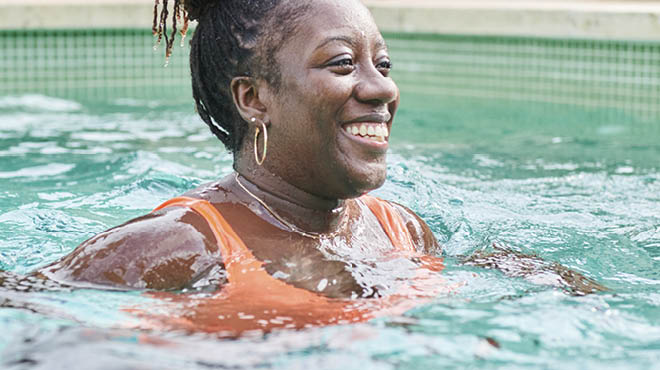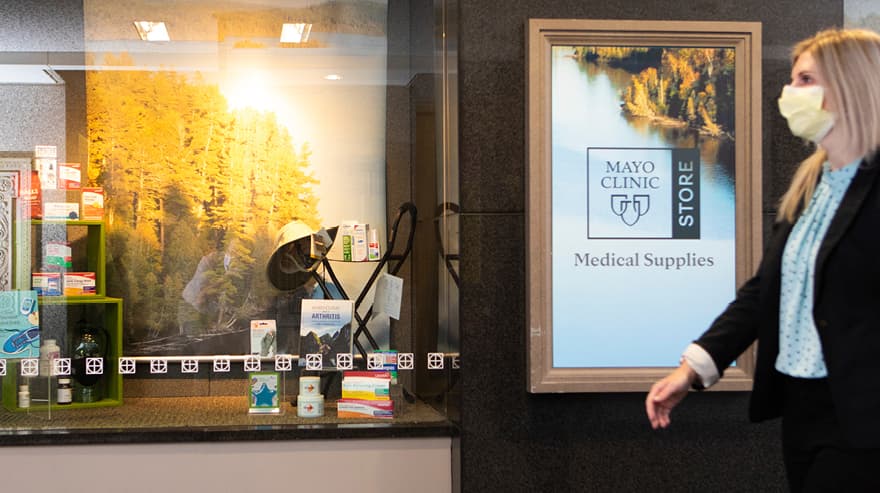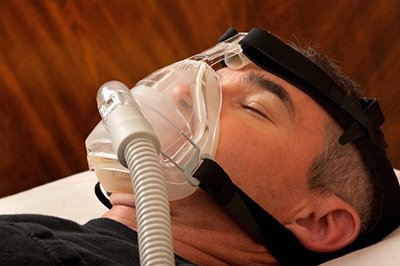Recent Posts
-

-

-
 Speaking of HealthShould I use antibiotics or home remedies to treat my child's illness?January 15, 2021
Speaking of HealthShould I use antibiotics or home remedies to treat my child's illness?January 15, 2021
How to get the most out of napping

While closing your eyes for a few minutes during your busy day may seem like a good idea, it’s important to consider the effects napping may bring.
The time of day and length of time you nap can provide benefits or create problems. Knowing when to nap and providing yourself with a suitable napping environment will produce the greatest benefits.
Consider why you’re napping
Before lying down to take a daily nap, you may want to consider why you began taking these naps. If you've been working the night shift or are a new parent, you probably have reason to be closing your eyes for a while. On the other hand, if you feel that a nap is essential to your daily functioning, you may have a bigger health problem that should be addressed with your health care team.
Talking to your health care team is the best way to find out why you’re experiencing increased fatigue. The reasons for your exhaustion could be anything from having a sleep disorder, such as sleep apnea, to a side effect from a new medication.
Drawbacks to napping
Two drawbacks of napping include:
1. Sleep inertia
Sleep inertia can involve waking up feeling groggy and disoriented after a nap. This can become a problem if you have places to be or tasks to complete after you wake up from your nap.
2. Nighttime sleep problems
Problems can arise if your naps are too long or close to bedtime. Try not to nap if you experience insomnia or poor sleep quality at night, as napping may worsen these problems. Short naps are the best when trying to avoid interference with nighttime sleep.
Benefits of napping
Taking naps can provide many benefits to your health, such as:
- Improved mood
- Quicker reaction time
- Better memory
- Increased alertness
- Reduced fatigue
- Enhanced relaxation
When to nap
Did you know there are certain times when a nap may be more beneficial to your health? Take a nap:
- If you're experiencing new fatigue, but monitor your symptoms and discuss any concerns with your health care team.
- If you're about to experience sleep loss, such as a long travel day or workday.
- If you want to make naps a part of your daily routine. In this situation, have a planned time of day and length of time to keep your schedule on track.
Best way to nap
Here are four tricks to make your naps more effective:
1. Set aside an allotted amount of time.
If you wake up feeling groggy after a nap, you're sleeping too long. The ideal nap length is between 15 and 30 minutes.
2. Plan to take naps in the afternoon.
The idea time to nap is around 2 p.m. or 3 p.m. This is because you’re likely to experience a lower level of alertness or sleepiness following lunch. You're also more like to avoid interference with nighttime sleep if you nap around this time. However, some people may adjust their napping times to fit their work or school schedules.
3. Create a tranquil environment.
Some people struggle to sleep during the day, but there are actions you can take to help you become more relaxed. Eliminate distractions when napping, so turn off any screens, such as your phone. Find a quiet space with minimal light to improve your naps. Adjusting the room temperature to what is comfortable for you also can make your space more comfortable.
4. Give yourself time to wake up.
Allowing yourself enough time to wake up before resuming activities after your nap is important, as you may feel groggy or less alert.
Talk with your health care team if you struggle with ongoing daytime fatigue. A physical exam or sleep study may be necessary to rule out health conditions that are affecting the quality of your sleep.
Tiffany Casper, D.O., is a Family Medicine physician in Tomah, Wisconsin.



